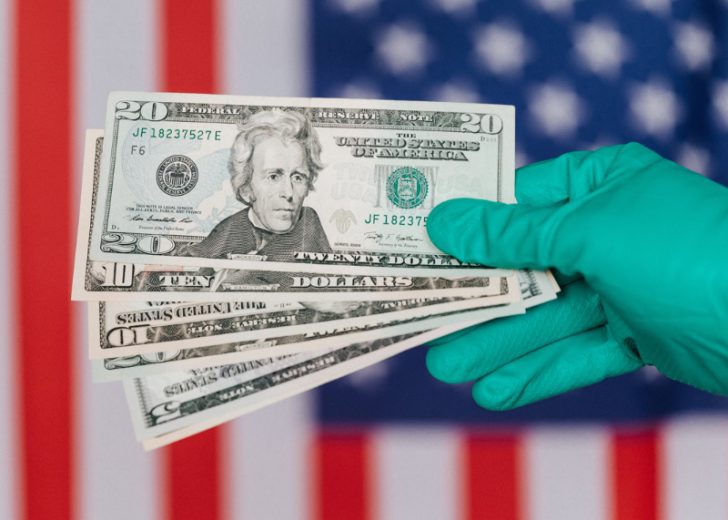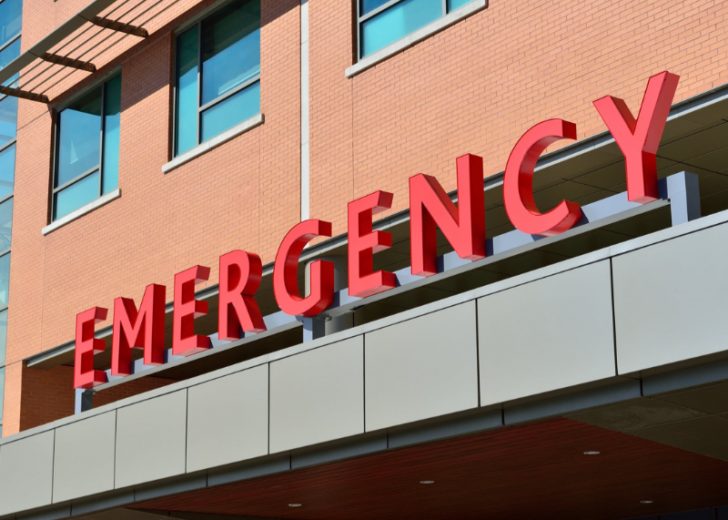Healthcare in America is expensive and if you get hospitalized because of an emergency, but do not have any health insurance, the medical professionals must treat you as like other patient in need due to the Emergency Medical Treatment And Labor Act or EMTALA provisions that ensures all individuals with an emergency medical condition, regardless of insurance coverage, is provided essential lifesaving services. Without health insurance, billing for all medical services, including hospital, doctor fees, medical costs, and a specialists’ payments. Because you do not have an insurer to cover most costs, bills can pile up.
Who Pays for Medical Bills

Within insurance plans, your health insurance pays a portion of medical services, doctor’s visits, prescription drugs, and emergency room trips. You pay the remaining bills via coinsurance, co-payment, or a deductible, (the amount paid until insurance coverage begins). Without coverage, you pay for the entire bill from the hospital or doctor who treats you. You can ask about treatment costs barring emergency situations, before it starts. Costs vary sharply so call ahead or check the hospital website for details.
Negotiate Hospital Bills
Hospitals grant discounts to uninsured individuals or patients pay negotiated sums over months. Do negotiate bills prior to hospitalization, for elective surgery or child birth. The hospital ombudsman or payment department have financial assistance programs (charity care) that adjust bills to your paying ability. Non-profit hospitals must offer assistance plans to low-income patients. Applying for assistance could halt bill collectors. Hospitals prefer payment terms with patients as collectors retain 50% of amounts secured from patients. Negotiating with an ombudsman who is there to resolve patient issues, is preferable rather than negotiating with the billing department staff whose job is to collect revenue. Many individual doctors also regularly work with patients who lack the ability to pay full costs for their hospital care. Though their policies vary, most physicians routinely cut bills up to half for poor and needy and slash bills to only 10% for deserving cases.
Visit an Urgent Care Center

Without any emergency, you may visit a nearby urgent care center operated by nurse practitioners rather than physicians, to treat minor health issues. They also advise further medical care or ER visit. Urgent care costs about half of an ER trip which entails hospital costs, doctor fees, drug prescription and lab fees, much higher than those billed by an urgent care center. However, at an urgent care center, without health insurance, you must pay in advance.
Covering Hospital Visit With Health Insurance
In recent years, people uninsured or under-insured, have increased, as 28 million Americans are uninsured and an estimated 30 million are underinsured as the federal government no longer mandates health insurance, except for states like Massachusetts, New Jersey, California, Vermont, Rhode Island, and the District of Columbia. Individual mandate requiring universal health coverage or pay tax penalties was passed in 2010 with the Affordable Care Act (ACA). Financial incentives enabled many secure an appropriate health plan for their needs and budget. As the ACA section is not enforced by the federal government, many people have stopped insurance.
Perspective

Securing health insurance during Open Enrollment Period, avoids bearing entire costs for large medical bills due to illness or serious injury. Most people declare bankruptcy due to medical costs, rather than other reasons. Health insurance is useful for people to maintain financial security.




